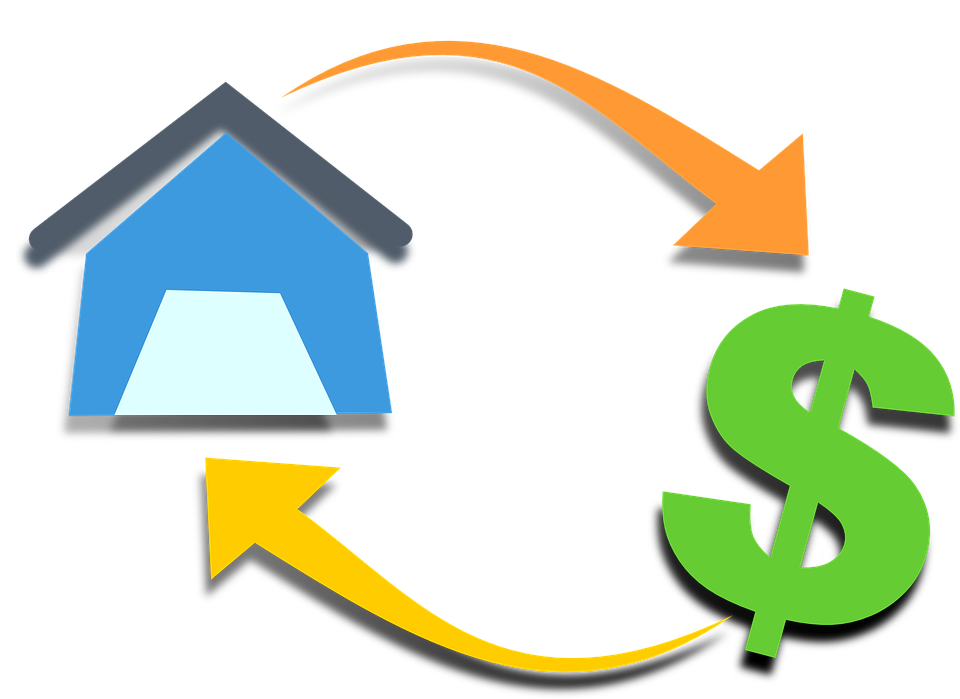Reverse mortgages can be a great way to finance your retirement. With lots of perks, such as no monthly mortgage payments and the ability to cash in on the equity of your home while you still live there, it’s easy to see why they’re attractive. However, if you’re considering a reverse mortgage, it’s important to do your research. There are scams out there designed to prey on senior citizens looking for a reverse mortgage - read on to learn what you need to watch out for.
Types of Reverse Mortgage Scams
The popularity of reverse mortgages is definitely understandable, but it also creates room for scammers to work. Here are some common reverse mortgage scams:
Equity Theft Scam - According to Reverse Mortgage Alert, “In an equity theft scam, the perpetrator will purchase a home that is in foreclosure or distressed / abandoned. The home is then sold to a senior citizen, who takes out a reverse mortgage after occupying the property for 60 days. Once the transaction is completed, the perpetrator will steal the proceeds of the loan.”

Foreclosure Rescue Scam - Reverse Mortgage Alert lists a foreclosure rescue scam as a scam where “the perpetrator will identify seniors who are at risk of losing their homes due to foreclosure. The perpetrator will convince the senior citizen to obtain a reverse mortgage to save the property but will then inform the senior that he or she does not qualify. The senior will then be encouraged to take out a traditional mortgage instead, at which point the property and its equity will get transferred to the perpetrator.”
Loan Not Suitable or Not the Best Option - While the two previous types of scams are more obvious, some scams are not so blatant. Sometimes it involves the advisor or lender trying to push a loan on to the borrower which is not the most affordable or not the best option.
Selling Other Products - Sometimes the perpetrator will pitch a product, such as insurance or a renovation, and insist that the best way to pay it is with a reverse mortgage. This may not always be the case, and as always, it’s important to consider all of your financing options.

What to Watch Out For
HouseLogic lists some things to watch out for in order to recognize a scam. Be wary of any fees for “assisting” you or “finding” you a reverse mortgage. You do not have to pay fees to find a reverse mortgage, and sometimes perpetrators will charge fees so high that any funds you get from a reverse mortgage will be negated. If you’re pushed to invest the money from a reverse mortgage, you will also want to be wary. Fraudsters can sometimes steal personal information and take out a reverse mortgage on your home - be sure to check your credit report regularly, as credit reports often list the first signs of identity theft. And finally, scammers sometimes will buy you a free meal because that may mean you’re more likely to be interested in whatever they’re offering, so be wary of anything “free.”
Who’s Most Likely to Scam You
As it turns out, you’re likely to know the person who scams you. This article from the Wall Street Journal lists several stories in which senior citizens are scammed by financial advisors, friends, or even family members. While it’s important to check with a financial advisor before making any big financial decisions, be sure to take charge of your own finances and don’t make any decisions blindly just because you know the person.

Why Fraudsters Prey on Senior Citizens
The Law Offices of David H. Greenberg lists why some scammers specifically target senior citizens. First of all, senior citizens are more likely to own their own home and have a larger amount saved up. Secondly, because of the time period in which they grew up, senior citizens tend to be trusting and polite, which can result in them having a harder time refusing someone, especially if that person is being persistent. Thirdly, many senior citizens have memory problems, which might lead them to not realize that they’ve been scammed at first and might have a harder time remembering how the fraud occurred. And finally, many senior citizens who have been scammed feel shame and don’t report it, or if they do want to report it, don’t know who to tell.
While this list doesn’t describe every situation in which a senior citizen gets scammed, knowing why you may make an appealing target can help you be better prepared. Going to a financial advisor before you make any important financial decisions can help you spot what’s a good deal and what’s a scam. It’s also important to realize that you should not be rushed into a financial situation. Many fraudsters try to incite a sense of panic, telling you that you need to act now, but make sure that you know how to say no and take the time to really analyze the situation. And finally, if you think you have been scammed, you need to report it. Reporting it may not only help you get some of your property back, but may also prevent other senior citizens from being scammed.

How to Avoid Being Scammed
The Federal Bureau of Investigation lists these tips for senior citizens to avoid being targeted by a reverse mortgage scam:
Do not respond to unsolicited advertisements.
Be suspicious of anyone claiming that you can own a home with no down payment.
Do not sign anything that you do not fully understand.
Do not accept payment from individuals for a home you did not purchase.
Seek out your own reverse mortgage counselor.
What to Do if You’ve Been Scammed
If you’ve experienced fraud but aren’t sure where to turn, here are some useful links. It’s important to come forward and report the crime in order to try and return some of your assets and to prevent other senior citizens from experiencing the same thing.






















